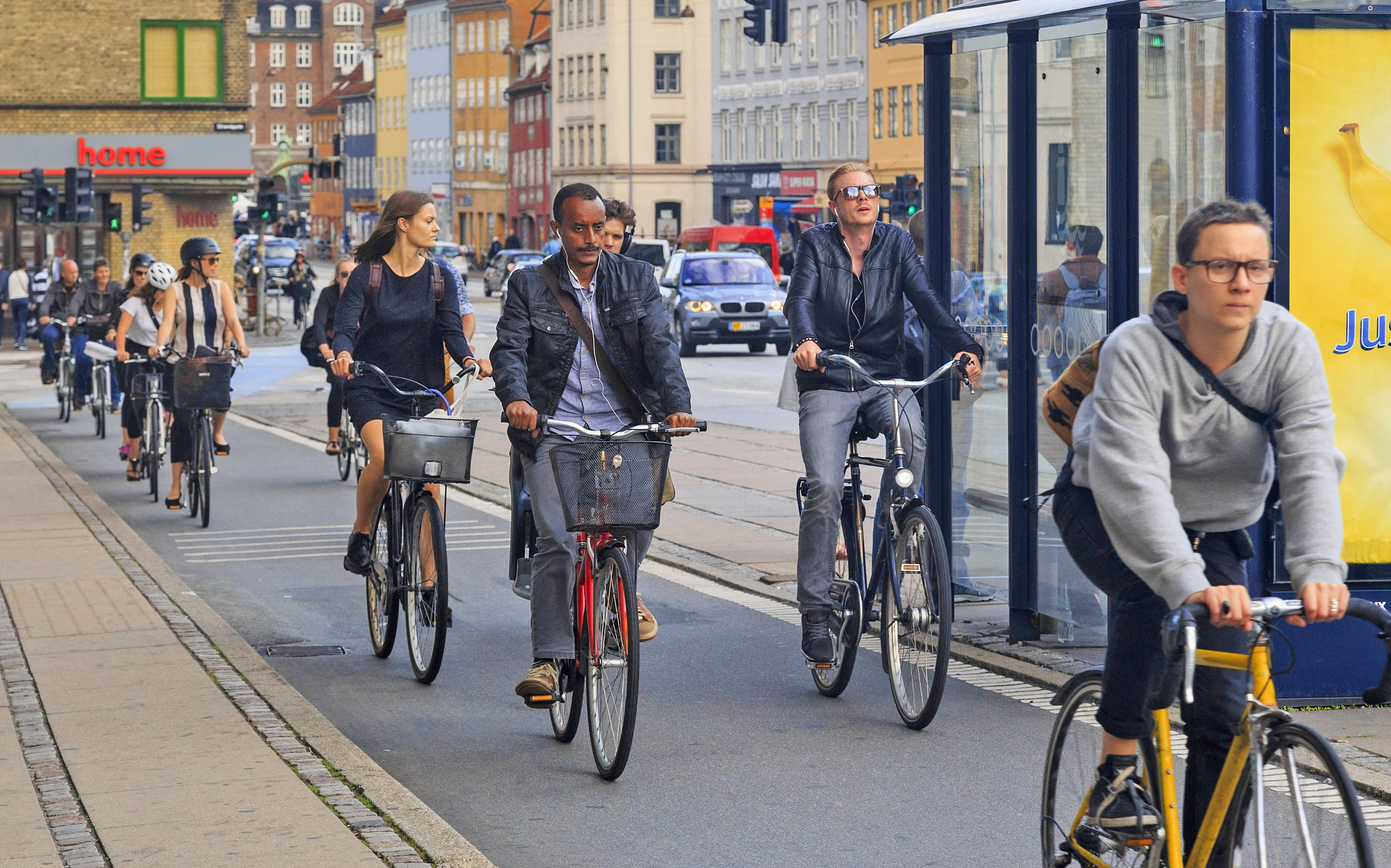
More investment in our sector is needed, says Ward
We welcome the focus on prevention, mental health and technology in the NHS Long Term Plan, and its recognition that a lack of exercise is a leading cause of premature death.
Despite the plan’s references to exercise, there has been disappointment at the lack of detail on precisely how physical activity – including sport – will play a part in this vision. Clearly, the plan is designed to re-model NHS frontline services within the community, rather than address public health in its entirety. However, this re-modelling does promise a healthcare pathway directly to our door.
The NHS Comprehensive Model of Personalised Care reflects ukactive’s call to use social prescribing to improve prevention and rehabilitation, with 2.5 million more people set to benefit within five years.
The physical activity sector stands ready and armed with the capacity and motivation to ensure success in this area.
We recognise how our sector can both impact and benefit from social prescribing. Our role now is to help the government to realise the full potential of our services, and at the same time educate our sector so there is a clear understanding of how social prescribing can be fully inclusive to the wider physical activity sector.
While we recognise the opportunity within social prescribing, we do remain concerned that £1bn has been taken out of public health spending since 2015, with further cuts of more than 4 per cent in real terms planned for the year ahead.
"Our role now is to help the government to realise the full potential of our services, and at the same time educate our sector to understand how social prescribing can be fully inclusive to the wider physical activity sector"
Government must match ideas with action, and that means investment. Physical inactivity causes more than 37,000 premature deaths each year, so we need to support our most vulnerable populations to be more active: disadvantaged communities, children and elderly people. Nobody is better placed to provide this support than our sector.
The government is in possession of three proposals with the potential to transform our nation’s health: a £1bn capital investment programme for Wellness Hubs; a Workout from Work scheme, which expands Cycle to Work to include gym passes and fitness equipment; and a plan to reimagine schools as community hubs, using empty facilities as places to support family health, education and care.
ukactive is ready to work with the government to realise our sector’s role in delivering against this plan and elevating the importance of a holistic approach to health. These conversations are ongoing and we must continue to demonstrate how we can provide a truly preventative solution.

ukactive has submitted a proposal to the government for a Workout from Work scheme, which expands Cycle to Work © shutterstock/goga18128